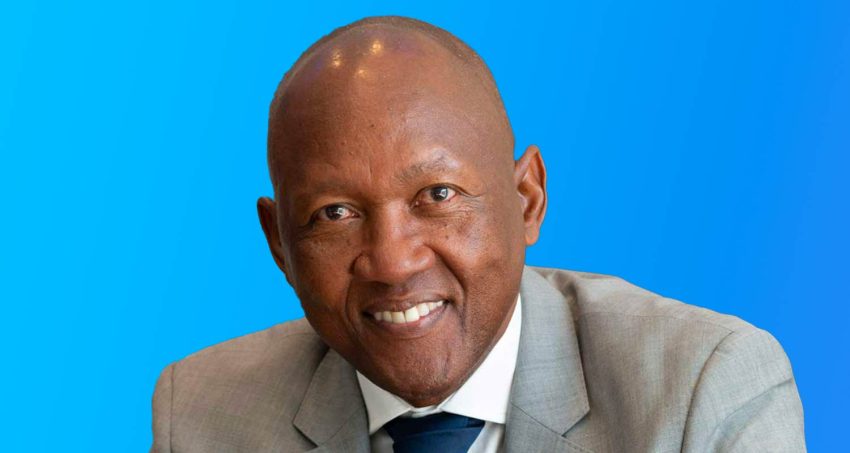Convergence Partners chairman Andile Ngcaba said on Friday that government should consider granting a special electricity tariff for data centres to support the ICT sector’s growth.
This would be similar to the dispensation offered to the mining industry, which enjoyed special rates that in the past that helped the sector become a cornerstone of the South African economy.
Speaking at a digital inclusivity workshop hosted by the department of communications & digital technologies and the Development Bank of Southern Africa, Ngcaba said low electricity tariffs served to spur the mining sector’s growth, which at one point accounted for more than half of the country’s GDP.
“Globally, data centres are … going to be the largest consumer of energy,” Ngcaba said in a post-panel interview with TechCentral. “It is very clear that AI and these data centres are going to be catalysts for economic growth, given the fact that data touches just about everything [in the economy].
“For us to be able to grow the digital economy, this shouldn’t be looked at as a sector issue, but as something that cuts across the entire economy,” he said.
Speaking during the panel discussion at the event, Ngcaba said he estimates the ICT sector contributes 8.2% to GDP, or about R580-billion. He said the sector has the potential to double that contribution to R1-trillion by 2030, but only if the right measures are put in place first.
Way forward
These interventions should not be limited to a special electricity tariff for data centres. Ngcaba said the ICT sector’s contribution to GDP could expand significantly if the right investments are made. But for the private sector to commit to those investments, government must create an enabling environment and alleviate some of the risks.
He called for a meeting between national treasury, the South African Reserve Bank, the department of trade, industry & competition and private sector stakeholders to plot a way forward.
Read: Legislative overhaul on the cards for South Africa’s ICT sector
Among the topics of discussion, said Ngcaba, should be the idea of South Africa focusing on becoming a manufacturing or assembly hub for mobile phones, feeding the local market and the rest of sub-Saharan Africa. This initiative has the potential to lower the cost of devices and improve access to digital tools for South Africans. However, Ngcaba warned, the private sector will not invest in factories unless government makes commitments of its own.
“We argue strongly with economists that this industry can reach 20% of GDP, become the largest employer and drive the rest of this economy. But there are certain things we need to do,” said Ngcaba. – © 2025 NewsCentral Media
Get breaking news from TechCentral on WhatsApp. Sign up here.
